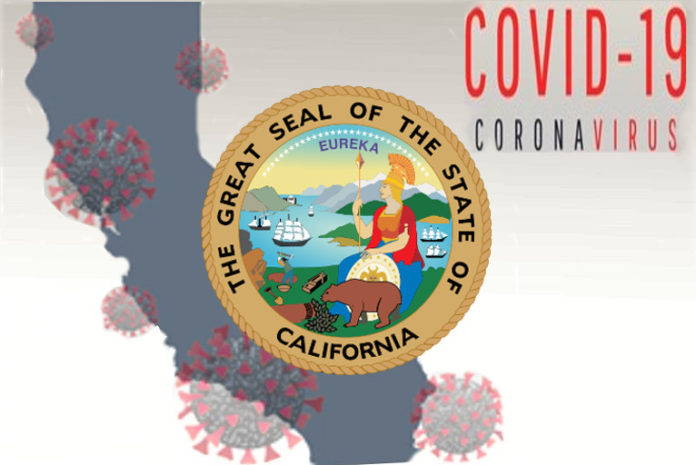Governor Gavin Newsom announced new initiatives to support the millions of California workers who have lost jobs or wages as a result of the COVID-19 pandemic.
“Many Californians are one paycheck away from losing their homes or from being able to put food on their tables, and COVID-19 has only made these challenges worse,” said Governor Newsom. “California is focused on getting relief dollars and unemployment assistance in the hands of those who need it as quickly as possible.”
In a Wednesday, April 15th press release that announced a new Employment Development Department call center that will operate 7 days a week from 8:00am to 8:00pm, as well as a one-stop shop for individuals applying for unemployment insurance and the new federal Pandemic Unemployment Assistance program starting April 28th, Governor Newsom announced a first in the nation, statewide public-private partnership to provide an unprecedented $125 million in disaster relief assistance and financial support for working Californian undocumented immigrants impacted by COVID-19. California taxpayers will provide $75 million in disaster relief assistance and philanthropic partners have committed to raising an additional $50 million.
“California is the most diverse state in the nation. Our diversity makes us stronger and more resilient. Every Californian, including our undocumented neighbors and friends, should know that California is here to support them during this crisis. We are all in this together,” said Governor Newsom.
California’s $75 million Disaster Relief Fund will support undocumented Californians impacted by COVID-19 who are ineligible for unemployment insurance benefits and disaster relief, including the CARES Act, due to their immigration status. Approximately 150,000 undocumented adult Californians will receive a one-time cash benefit of $500 per adult with a cap of $1,000 per household to deal with the specific needs arising from the COVID-19 pandemic. Individuals can apply for support beginning next month.

The state’s Disaster Relief Fund will be dispersed through a community-based model of regional nonprofits with expertise and experience serving undocumented communities.
In addition to the $75 million in state funding, Grantmakers Concerned with Immigrants and Refugees (GCIR), a network of foundations focused on immigration issues, has committed to raising $50 million to support direct financial assistance to families of undocumented immigrants through the California Immigrant Resilience Fund, with initial lead investments of $5.5 million from Emerson Collective, Blue Shield of California Foundation, The California Endowment, The James Irvine Foundation, Chan Zuckerberg Initiative and an anonymous donor, among others.
“During this moment of national crisis, undocumented immigrants are risking their own health on behalf of the rest of us, saving lives as health care workers; caring for our loved ones; and growing much of the food we depend on,” said Laurene Powell Jobs, Founder and President of Emerson Collective. “With the federal government and so many states failing to provide undocumented immigrants the economic and health supports all Americans deserve, I hope that corporations, foundations and individuals across the country will join us in providing the emergency relief these members of our community need to weather this challenging time.”
California has developed an immigrant resource guide to provide information about COVID-19 related assistance, including public benefits, that are available to immigrant Californians.
Governor Newsom also announced last week that California is seeking to take appropriate steps to ensure care and treatment for COVID-19 for its residents, regardless of immigration status. Given the current public health emergency, COVID-19 testing, evaluation and treatment services are being deemed as emergency services under Medi-Cal, regardless of the location where it is received. Deeming COVID-19 testing and related treatment services as an emergency will entitle all Medi-Cal beneficiaries, regardless of their scope of coverage under Medi-Cal or their documentation status, to receive all medically necessary inpatient or outpatient services related to a COVID-19 diagnosis.


















